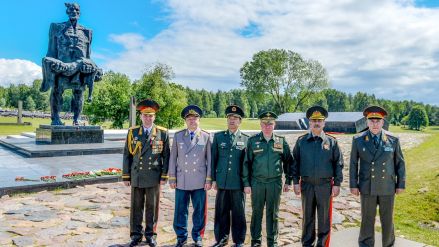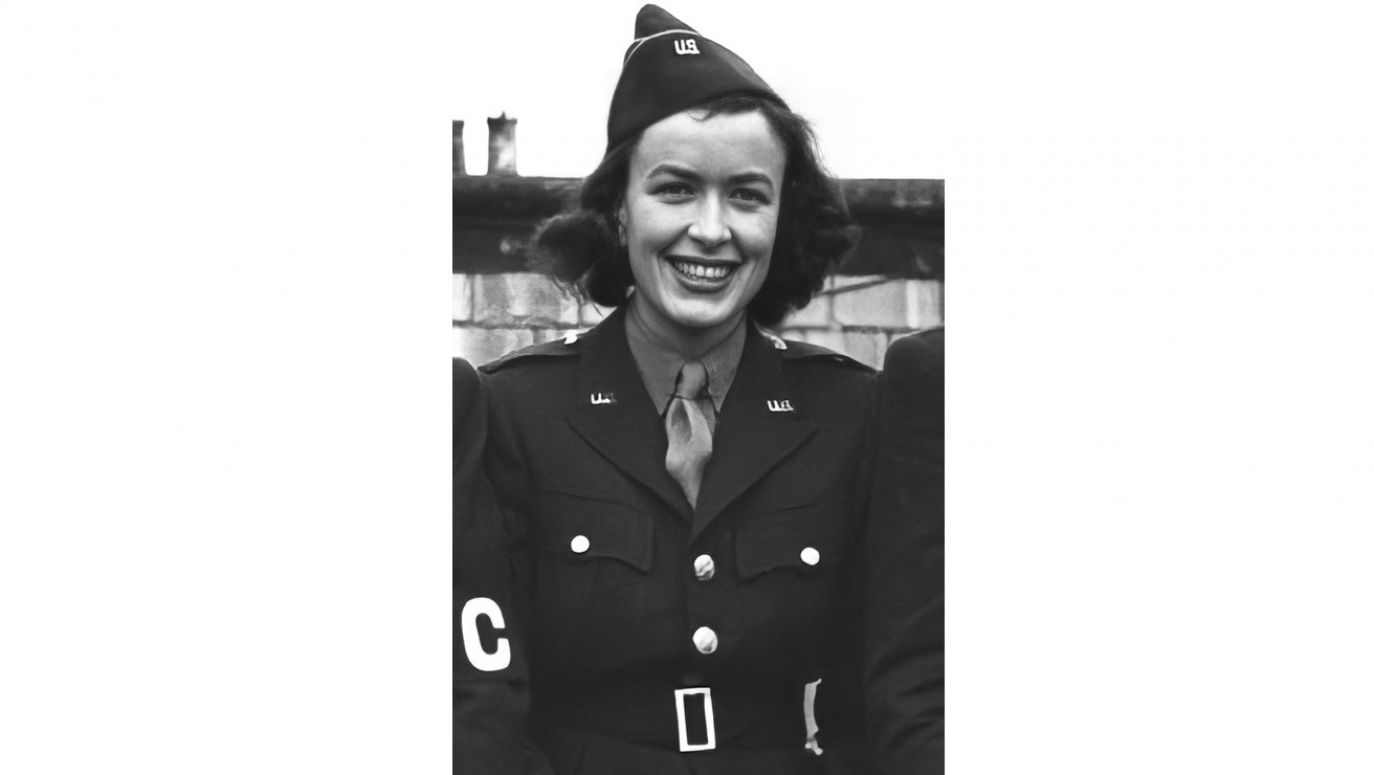The other fascinating part of the book is not foreign affairs, but... the affairs indeed.
It feels like Winston Churchill is the only one not involved in an affair! (laughs) He is the only one who loved his wife and was very devoted to her. But of course, our delegates had some interesting connections with each other. There's Sarah Churchill, who had an affair with the American ambassador to Britain, Gilbert Winant. Averell Harriman, the American ambassador to the Soviet Union, is having an affair with Pamela, Winston Churchill's daughter-in-law. And Pamela, meanwhile, is also having an affair with two other conferees, but she was not in Crimea. But she feels very much like a character who is there because of all these people writing her letters and trying to impress her. One of Pamela's admirers, Peter Portal, the head of the RAF, was at the Yalta conference. He wrote her a 30-page letter to impress her with everything that was going on, and then wanted to hand it to her personally to see her after the conference.
 SIGN UP TO OUR PAGE
SIGN UP TO OUR PAGE 
These affairs took place, but because it was war, they turned a blind eye. People from Winston Churchill's circle asked Pamela questions about the people she had affairs with to get more insight into the American point of view, which is really interesting.
So we are in Livadia, the palace was once the summer residence of the tsar and tsarina, Nicholas II and Alexandra.
Once it was decided that the three leaders would gather at Yalta, the Soviets had to turn the ransacked villas into a site fit for one of the largest and most important international summits in history. Well, it was definitely a place that looked glamorous only from the outside, but once you saw the inside, it was anything but. Yes, it was the Tsar's summer palace, but it had been cleared out by the Nazis who had used it as their headquarters in the Crimea. And when they left, they took everything from the palace, all the furniture, the lamps, the art, the dishes, literally the doorknobs, which they cannibalized to use as scrap metal. And the Soviets have only three weeks from the time they decide the conference will be held here. They had to quickly furnish the villa with everything they needed, confiscating items from households in the area and taking things from glamorous hotels in Moscow, like the Hotel Metropole.
Some of the conditions of stay might be quite shocking to Western gentlemen. Barrels of caviar and vodka and lack of sanitary facilities.
There were so few toilets for hundreds of people that long lines would form in the hallway in the morning and people would knock on the door to complain that this field marshal or that general was taking too long in the toilet. That's pretty funny. And one of my favorite stories was that Stalin went to the bathroom quickly during one of the breaks during the conference negotiations and his guards lost him in confusion as everyone was leaving the room. For a short time, they thought the Americans had kidnapped him. So there was a lot of bathroom humor.

 SIGN UP TO OUR PAGE
SIGN UP TO OUR PAGE 






